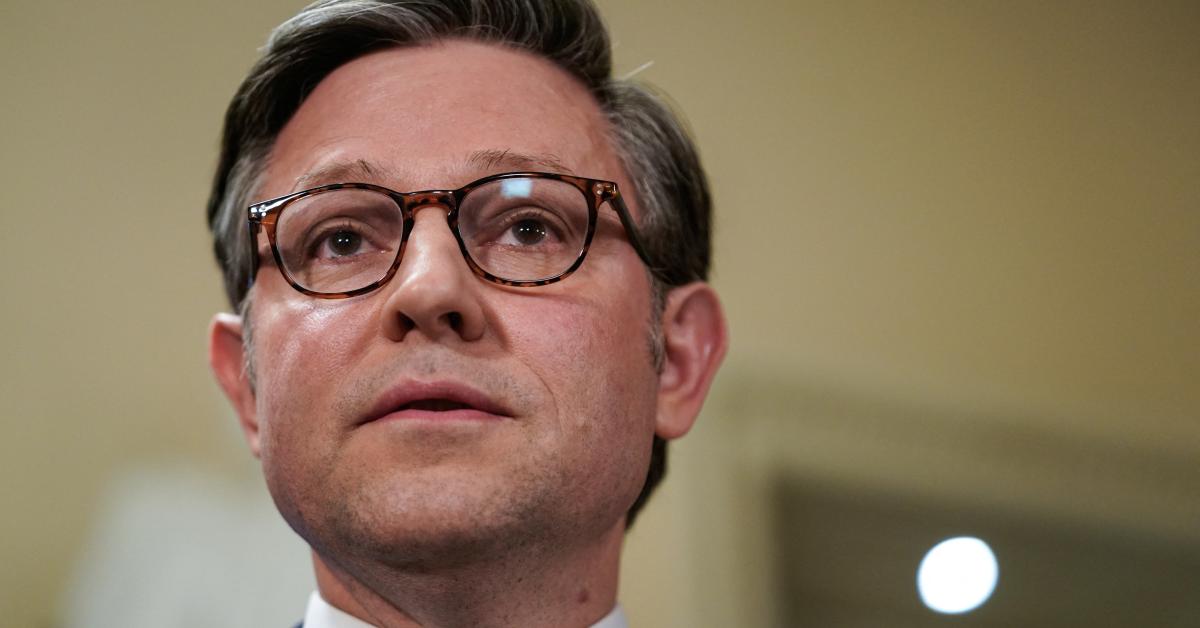We support our Publishers and Content Creators. You can view this story on their website by CLICKING HERE.

House Speaker Mike Johnson unveiled a plan to fund the government for three months after his recent effort, combining a six-month continuing resolution with the SAVE Act, which would have required proof of citizenship at the time of voter registration, failed to pass.
The continuing resolution (CR), which was the result of bipartisan negotiations in the House and Senate, according to The Hill, would keep the government funded at current levels through Dec. 20 — setting up a funding fight just before the Christmas recess.
Republican leaders are trying to bring the bill up under a regular rule process, with a floor vote on the legislation by Wednesday, according to GOP aides. It would then go to the Senate ahead of the Sept. 30 shutdown deadline.
“While this is not the solution any of us prefer, it is the most prudent path forward under the present circumstances. As history has taught and current polling affirms, shutting the government down less than 40 days from a fateful election would be an act of political malpractice,” Johnson said, while citing a McLaughlin & Associates survey that found two-thirds of likely voters oppose a government shutdown.
Johnson outlined the legislation to GOP lawmakers in his letter on Sunday, saying: “Since we fell a bit short of the goal line, an alternative plan is now required.”
House Republicans will almost certainly need help from Democrats to pass the legislation, as many GOP lawmakers are expected to oppose the bill because of the lack of spending cuts, shorter timeframe and exclusion of the voting bill, which some conservatives and Trump pushed to be part of the final package. Other conservatives opposed that bill, saying that it had no chance to pass in the Senate, considering that Senate Majority Leader Chuck Schumer had refused to consider the SAVE Act after it had been passed in the House back in July.

 Conservative
Conservative  Search
Search Trending
Trending Current News
Current News 





